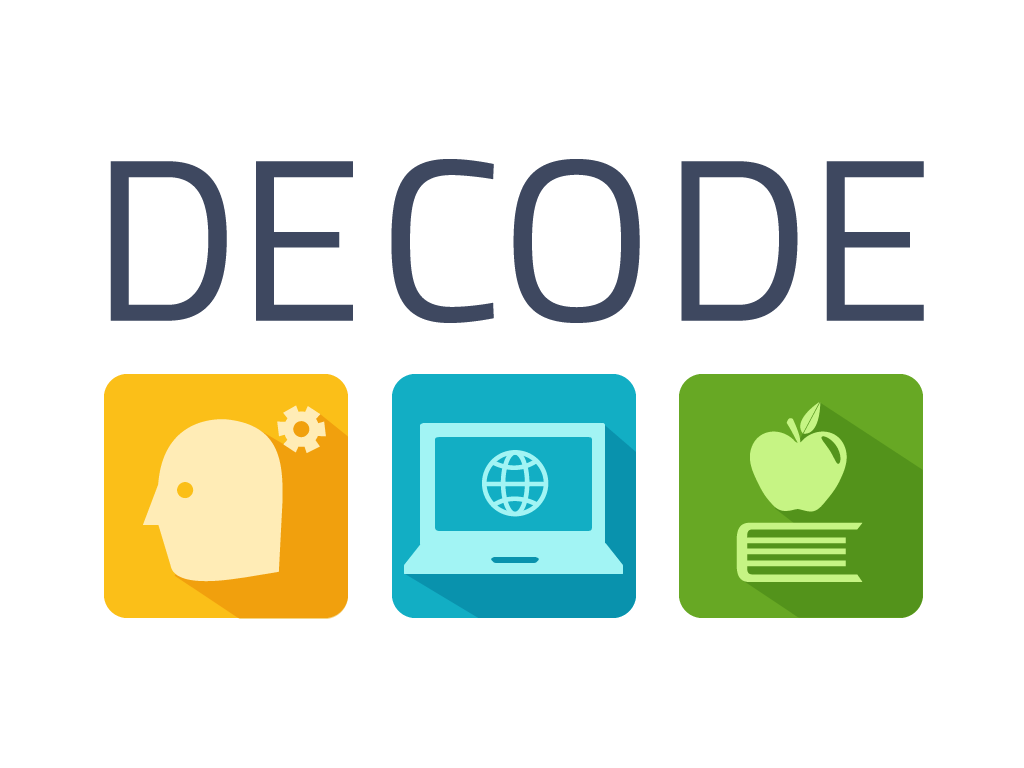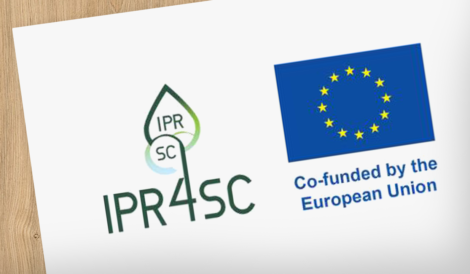“Digital Competences for Education. Guidelines for Teachers and Education Agencies” is one of the documents resulting from the research and training activities carried out within the DECODE Project “DEvelop COmpetences in the Digital Era. Competences, best practices, and teaching in the 21st century”, realized within a partnership in the field of education, as part of an Erasmus+ KA2 project (2016-1-IT02KA201-024234).
These digital competencies in the knowledge society are considered crucial for promoting digital literacy, media literacy, bridging the digital divide, and promoting social innovation and inclusion. These competences are seen as strategic because they can respond to the new needs of lifelong and lifewide learning society to develop innovative education and training systems that are in line with the challenges of the modern era.
The DECODE project starts from this awareness: digital technologies today represent both an economic driving force and a criterion for social inclusion. For these reasons, Europe encourages national and local institutions to invest both in promoting their integration into teaching practices and in enhancing teachers’ skills in using such technologies for educational purposes.
In the current context, there is a need to fill an information gap typical of a census approach, which only indicates the provision of digital technologies in schools, to promote a better understanding regarding the use of digital tools in professional and educational practices. The aim is to intercept, share, enhance, and disseminate good practices present in schools to activate virtuous innovation processes from within, giving voice and recognition to those who work in schools daily with passion and dedication.
To this end, the project was characterised as an action research intervention aimed at facilitating the comparison and exchange of virtuous practices from a transnational perspective, thereby contributing to:
- Promoting a better understanding of how educational systems and teaching practices confront the digital challenge.
- Experimenting with a new teacher training model regarding acquiring digital competencies.
- Enhancing teachers’ methodological and technical capacities in using ICT in their professional and educational practices.
- Providing useful and systematic information to public debate and decision-makers to inform decision-making processes.
The DECODE action research project was conducted through a partnership between universities, research centres, training institutes, schools, and professional associations, valorising specific competencies, diversity of approaches, and experiences of each partner.
The project partners were:
- From Italy: Link Campus University Foundation (FLCU); CRES-IELPO Research Center, Department of Educational Sciences – Roma Tre University; ANP National Association of Public Managers and High Professionals of the School.
- From Spain: UOC, Open University of Catalonia.
- From Finland: Omnia, the Joint Authority of Education and Regional Center of Espoo.
- From Romania: IES, Institute of Educational Sciences.
- From the United Kingdom: Aspire International.
The Final Report outlines the most relevant stages of this significant research journey, focusing on the most important results of the project through a deep analysis of similarities and differences, strengths and weaknesses, development perspectives, and threats, to offer suggestions, recommendations, and sharing good practices useful to accompany teachers and education agencies towards the digital challenge.
The project, lasting three years, developed on September 1/2016, and concluded on August 30/2019.
To achieve the project objectives, the action research path involved the implementation of five main actions (IO: Intellectual Output), for each of which a dissemination report was prepared and freely distributed, following an ‘open access’ policy, in accordance with European project design rules.
Click here to download the IOs.
Click here to download the final report.



